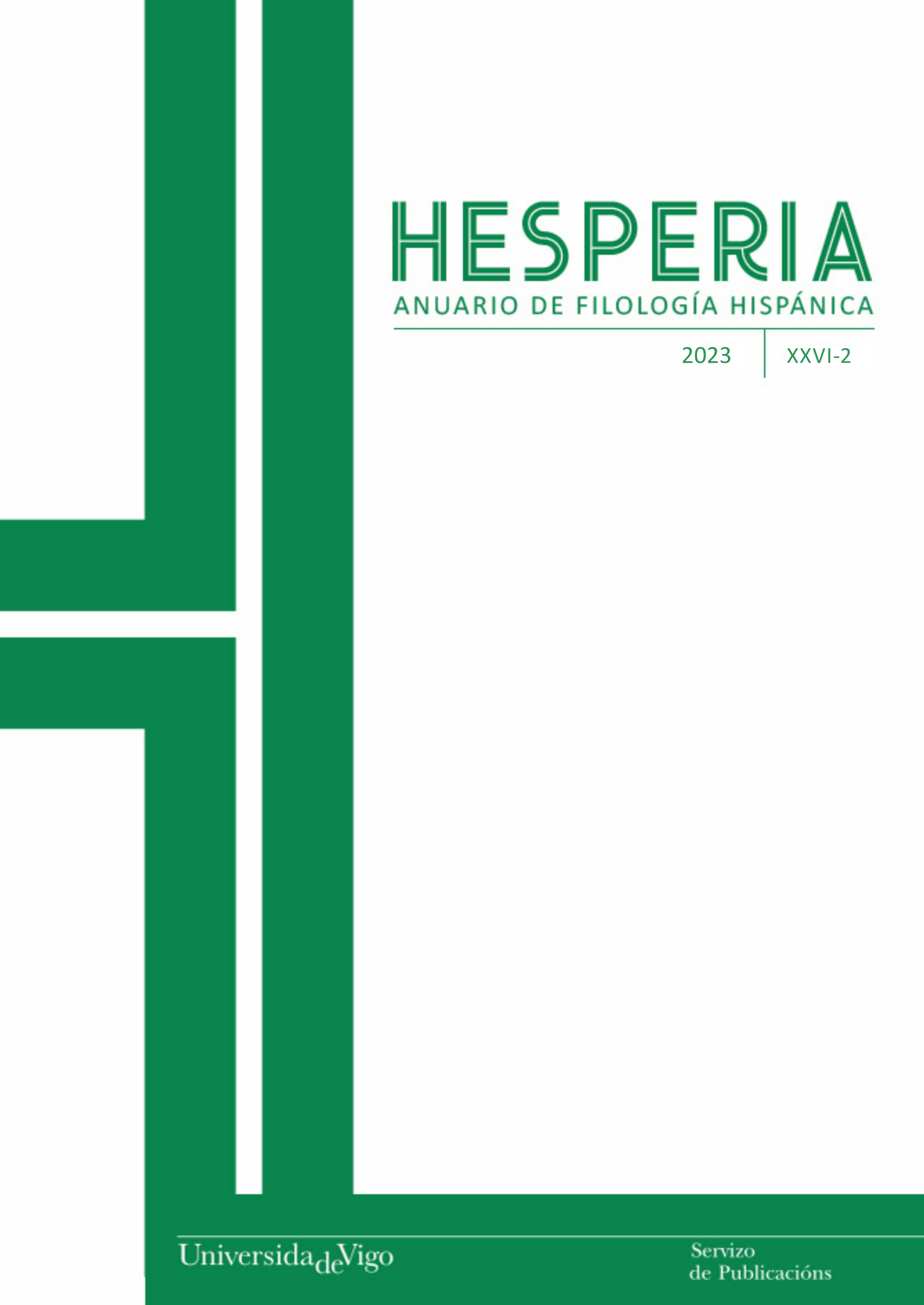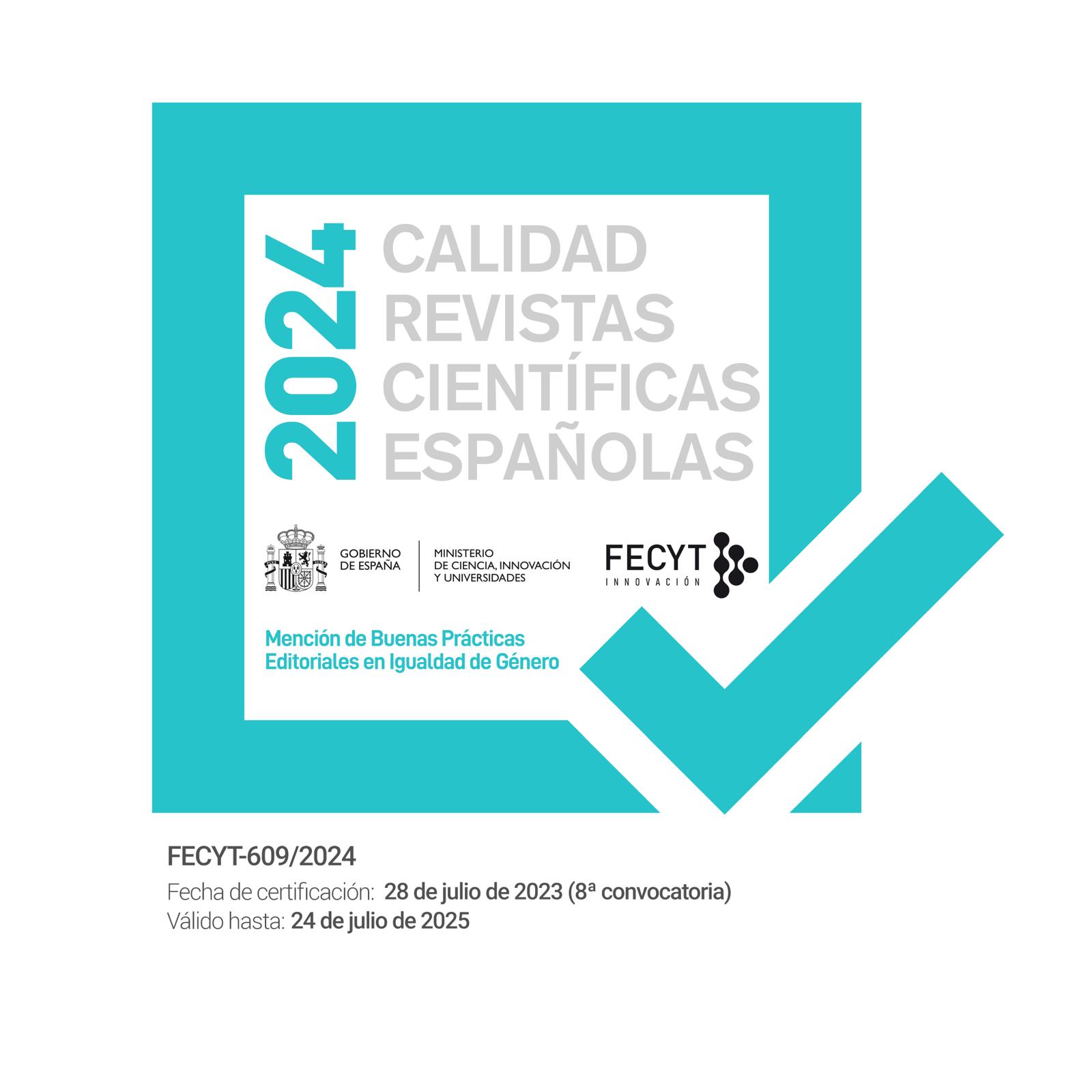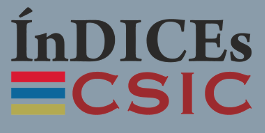SOCIOLINGUISTIC STUDY ABOUT THE LINGUISTIC EVOLUTION OF ANDALUSIAN SINGERS: THE CASE OF PABLO ALBORÁN
DOI:
https://doi.org/10.35869/hafh.v26i2.4697Keywords:
sociolinguistic, phonetics, linguistic variation, Andalusian Spanish, Pablo AlboránAbstract
This research presents a sociolinguistic study about the linguistic variation of a particular Andalusian speaker: Pablo Alborán. On one hand, we will analyze the possible linguistic evolution of the singer-songwriter from Málaga. And, on the other hand, we will observe his linguistic behavior according to the context in which he is immersed. It should be noted that, due to strictly personal and professional reasons, we are dealing with an Andalusian speaker who is fully integrated in a community that presents a different linguistic solution from his own one and that, furthermore, is considered the prestigious one. The methodology of our study consists in the elaboration of an oral corpus based on different linguistic situations, selecting two very contrastive roles (singer and interviewee), and using diverse linguistic, exclusively phonetics (/s/; /x/; /st/), and extralinguistic (type of speech; artistic stage) variables with their respective variants. Our results will allow us to verify is there is a linguistic evolution in Pablo´s speech applied to different linguistic and extralinguistic contexts related to his –already quite extensive– musical career. In addition, we will be able to observe if he uses the regional variants of the Andalusian Spanish or if he, on the contrary, uses more often the standard Spanish mainly associated with the north-central peninsula. However, and taking into account the complete analysis of the data from our study, we anticipate that the singer Pablo Alborán almost always opts for the prestigious variant of Spanish. Moving away, in this manner, from his own linguistic variety which corresponds to the southern variant of the Spanish language. Nevertheless, we appreciate some exceptions and typical features of the Spanish spoken in Andalusia in his second last album, titled Vértigo. Alborán is much more free in Vértigo since, in this music album, he neglects all the linguistic or extralinguistic stereotypes and he only gets carried away by his feelings and his passion for music.
Downloads
References
Alvar, M. (1996). Manual de dialectología hispánica. Ariel.
Bell, A. and Gibson, A. (2011). Staging Language: An Introduction to the Sociolinguistics of Performance. Journal of Sociolinguistics, 15, 555–72. https://doi.org/10.1111/j.1467-9841.2011.00517.x
Cano, R. (2009) Lengua e identidad en Andalucía: visión desde la historia. La identidad lingüística de Andalucía, 67-131.
Carbonero, P. (2007). Formas de pronunciación en Andalucía: modelos de referencia y evaluación sociolingüística. Estudios dedicados al profesor Miguel Ropero, 121-132. Universidad de Sevilla.
Carbonero, P. (2016a). Fonética y fonología del andaluz. En P. Carbonero, (Ed.), Sociolingüística andaluza 1: metodología y estudios (47-80). Editorial Universidad de Sevilla.
Carbonero, P. (2016b). La norma sociolingüística andaluza. En P. Carbonero, (Ed.), Sociolingüística andaluza 1: metodología y estudios (139-159). Editorial Universidad de Sevilla.
Cutillas-Espinosa, J. A. (2003). Variación estilística en los medios de comunicación: una aproximación contrastiva a la teoría del diseño de la audiencia. Revista electrónica de estudios filológicos, 5, 1-19. http://hdl.handle.net/10201/50789
Eckert, P. (2008). Variation and the indexical field. Journal of sociolinguistics, 12, 453-476.
Fenoy, M. (10 de diciembre de 2020). Pablo Alborán revela la razón por la que su disco de llama ‘Vértigo’: “Lo supe desde el minuto uno”. Cadena 100. https://www.cadena100.es/musica/noticias/pablo-alboran-revela-razon-porque-disco-llama-vertigo-supe-desde-minuto-uno-20201210_1039186
Fernández de Molina, E. (2021). Estudio sociolingüístico de las intervenciones políticas y públicas de los presidentes del gobierno extremeño. Cultura, Lenguaje y Representación, 26, 167-187. http://dx.doi.org/10.6035/clr.5803
Fernández de Molina, E. (2023). An Example of Linguistic Stylization in Spanish Musical Genres: Flamenco and Latin Music in Rosalía’s Discography. Languages, 8, 1-15. https://doi.org/10.3390/languages8020128
Hernández-Campoy, J. M. (2016). Sociolinguistic Styles. Wiley Blackwell.
Hernández-Campoy, J. M. and Cutillas-Espinosa, J. A. (2012). Speaker design strategies in political contexts of a dialectal community. In J. M. Hernández-Campoy and J. A. Cutillas-Espinosa (Eds.), Style-Shifting in Public: New Perspectives on Stylistic Variation (21-43). John Benjamins.
Labov, W. (1972). Sociolinguistic patterns. Universidad de Pensilvania.
Narbona, A., Cano, R. y Morillo, R. (1998). El español hablado en Andalucía. Ariel.
Pablo Alborán (2021, 26 de abril). Wikipedia, La enciclopedia libre. https://es.wikipedia.org/w/index.php?title=Pablo_Albor%C3%A1n&oldid=135 072021 [29.04.2021]
Tajfel, H. (1978). Interindividual behaviour and intergroup behavior. In H. Tajfel (Ed.), Differentiation between Social Groups: Studies in the Social Psychology of Intergroup Relations (27-60). Academic Press.















